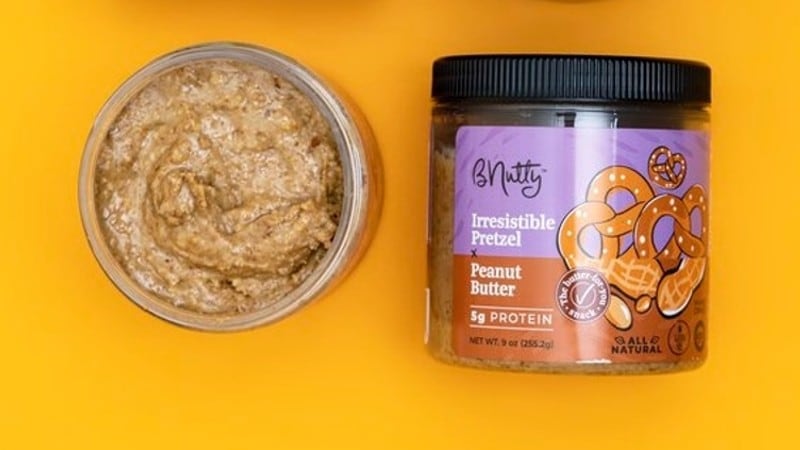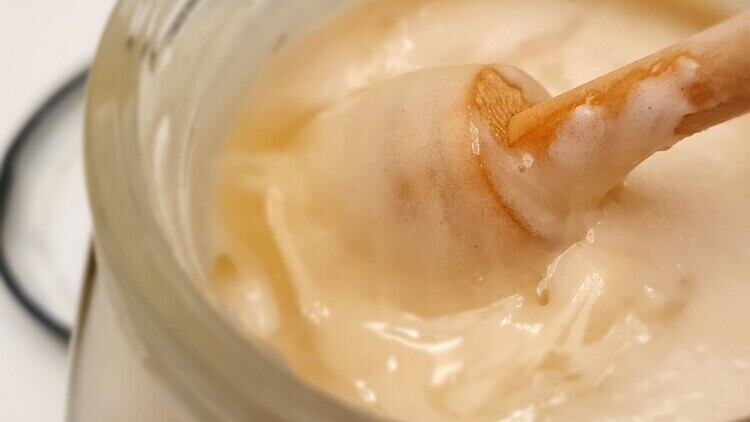Searching for the sweet spot: Lotte says low-and-no-sugar are key snacking and confectionery NPD drivers
Snacking giant Lotte has revealed that low-and-no-sugar are key trends guiding its new product development across both its snacking and confectionery portfolios, while also reveal plans to boost sales in the Middle East and South Africa.
Lotte has two main production sites in Asia, one in Japan and one in Thailand, and according to the firm’s Thai branch, its current most-popular brands both locally and for export to the region are Koala’s March biscuits, Toppo biscuit sticks and Xylitol chewing gum.
“Lotte is present in snacks and confectionary markets all over the world and in APAC, and we have noticed that lower-sugar and sugar-free products have been gaining traction amongst consumers in many countries,” Thai Lotte Assistant Export Department Manager Surasak Suwannapim told FoodNavigator-Asia.
Beating the ‘baddies’: Dole to focus on clean label and fortification for juice product innovation in APAC
Fruit product heavyweight Dole has revealed plans to focus on developing more clean label and fortified juice products for the Asia Pacific market, citing rising consumer interest in the region as a major motivation.
Although Dole, formally the Dole Sunshine Company, is already a well-known name in the region when it comes to fruit products and juices, the firm believes that it is important for it to push forward even further when it comes to developing products with a health and wellness focus given rising consumer awareness in the region.
Hence it has decided to make clean label and fortification major areas of focus for its ongoing product innovation efforts, particularly when it comes to juices.
“Based on a lot of based on a lot of work done by our marketing team, what we have found is that on-pack claims today are a very important factor for consumer choice – they are stopping when shopping in-store, they're looking when shopping online, and will have a quick glance at the ingredients and the claims on the label,” Dole Packaged Foods APAC VP and Managing Director Aashim Malhotra told FoodNavigator-Asia.
Nestle Health Science to acquire GO Healthy and parent firm, hails brand’s ‘simplified yet effective’ vitamin regimen
Nestle Health Science is set to acquire dietary supplement brand GO Healthy alongside the brand’s New Zealand-based parent company, it added that the GO Health brand enjoyed a unique position in the market with its “simplified yet effective” vitamin regimen.
This will be the global nutrition giant’s first acquisition of a company based in Asia-Pacific.
Known as The Better Health Company (TBHC), it is the parent company of dietary supplement brand GO Healthy, manuka honey brand Egmont, and New Zealand Health Manufacturing businesses. Nestle Health Science will be buying over the firm from China-based private equity investor CDH Investments and the firm’s founding shareholders.
US formula shortage: Bubs Australia’s infant formula tariff free, firm works with two more retail chains
Bubs Australia’s infant formula sold in the US will receive tariff concessions under a trade deal, while the firm has also announced agreements with two additional retail groups to sell its products.
This will add on to the nearly 5,000 stores across 34 US states that have already stocked its products following US FDA’s approval of its products to curb the country’s formula shortage.
The two newly added chains are Meijer and HEB retail groups. The former is a supermarket chain based in Texas with 340 stores, while the latter owns 259 stores located predominantly in the Midwest, including Michigan, Illinois, Indiana, Kentucky, Ohio, and Wisconsin.
Diversifying sources: Global seafood firm Thai Union on rationale for microalgae omega-3 strategy
Global seafood giant Thai Union says it is placing a significant focus on microalgae omega-3, besides its usual marine sources, as it seeks to diversify its ingredients business.
Recently, the firm invested CAD$10m (USD$7.7m) in Canada’s sustainable, plant-based nutritional and nutraceutical ingredients firm Mara Renewables Corporation (Mara). Thai Union’s ingredient business MD, Leonardus Coolen, said the investment complements its omega-3 production using tuna oil.
“Tuna oil is only one example of an omega-3 oil. The fish that contain the oil eat algae. That’s why we should harvest the algae and get omega-3. Furthermore, there is demand for plant-based omega-3 oils from consumers who are vegan and vegetarian. However, fish oil is still the predominant oil used as tuna is the easiest ingredient to access,” he said.





